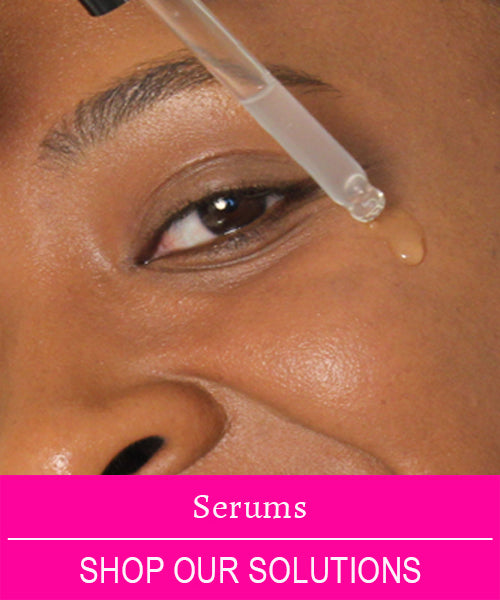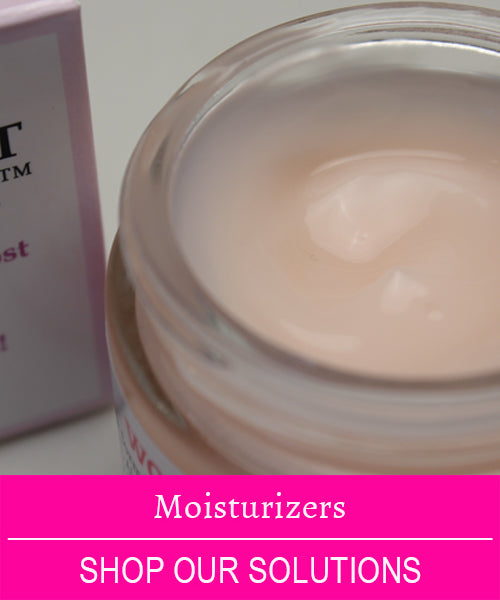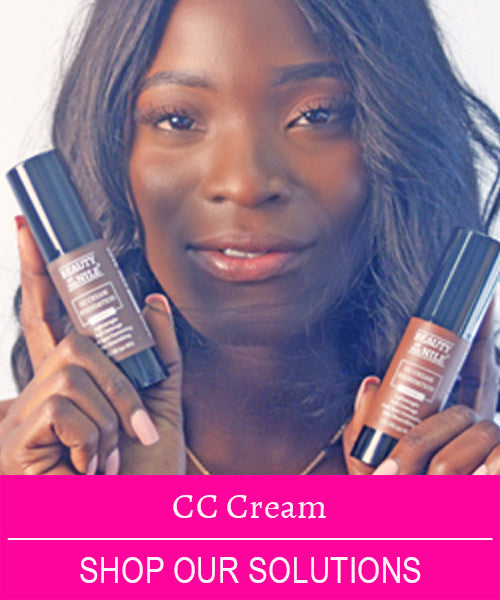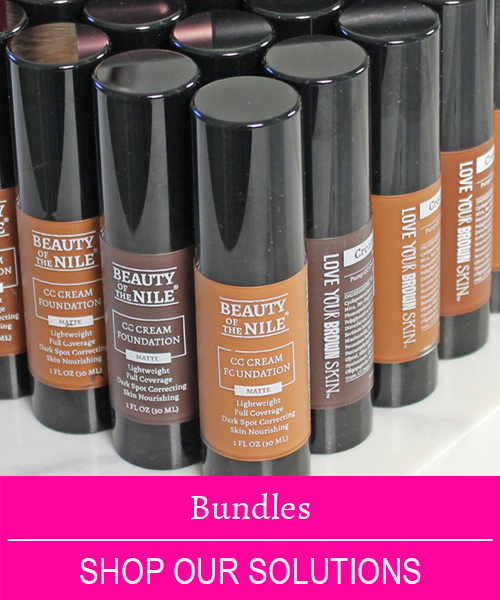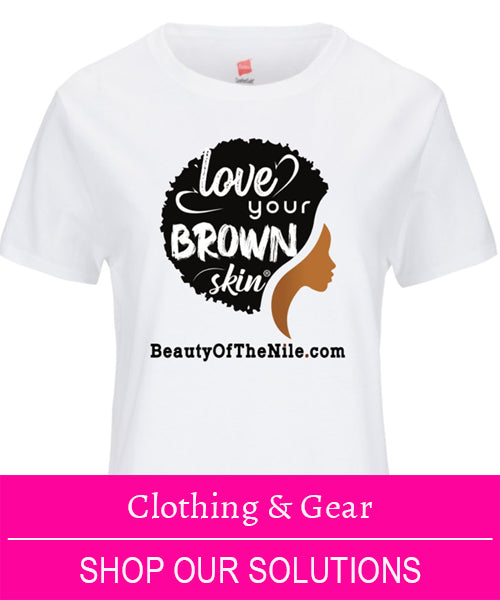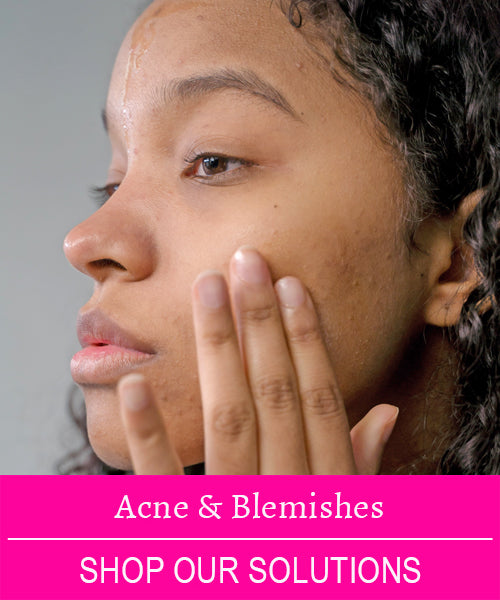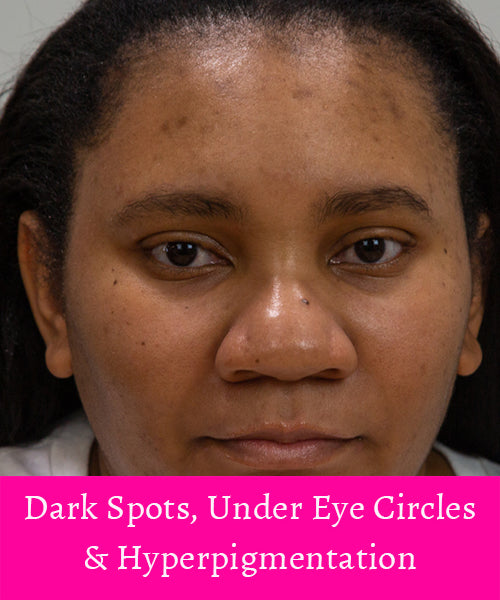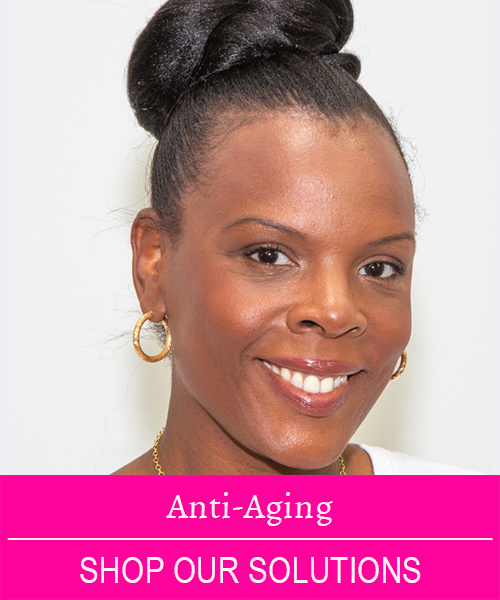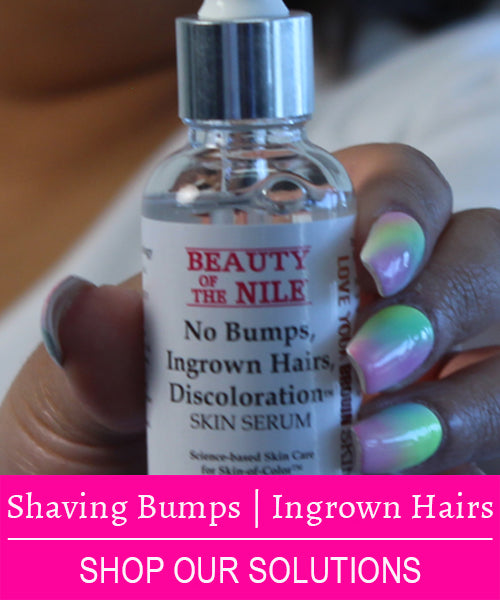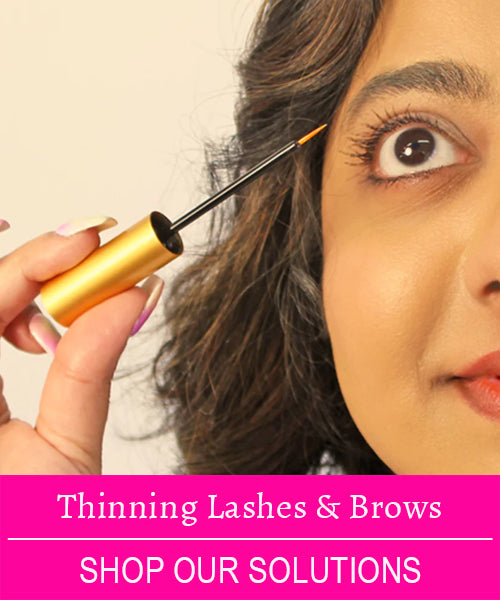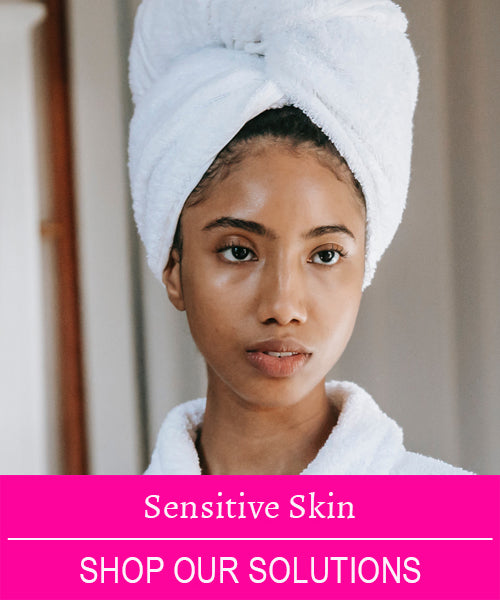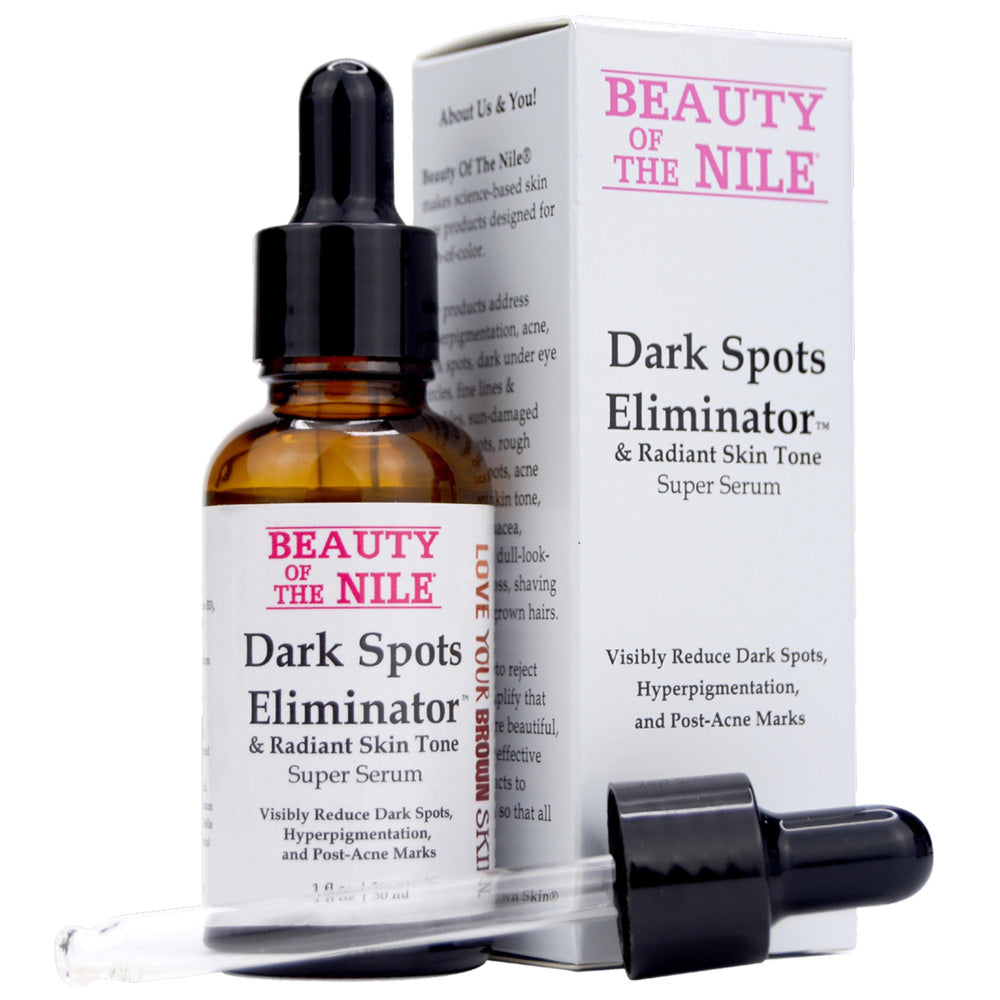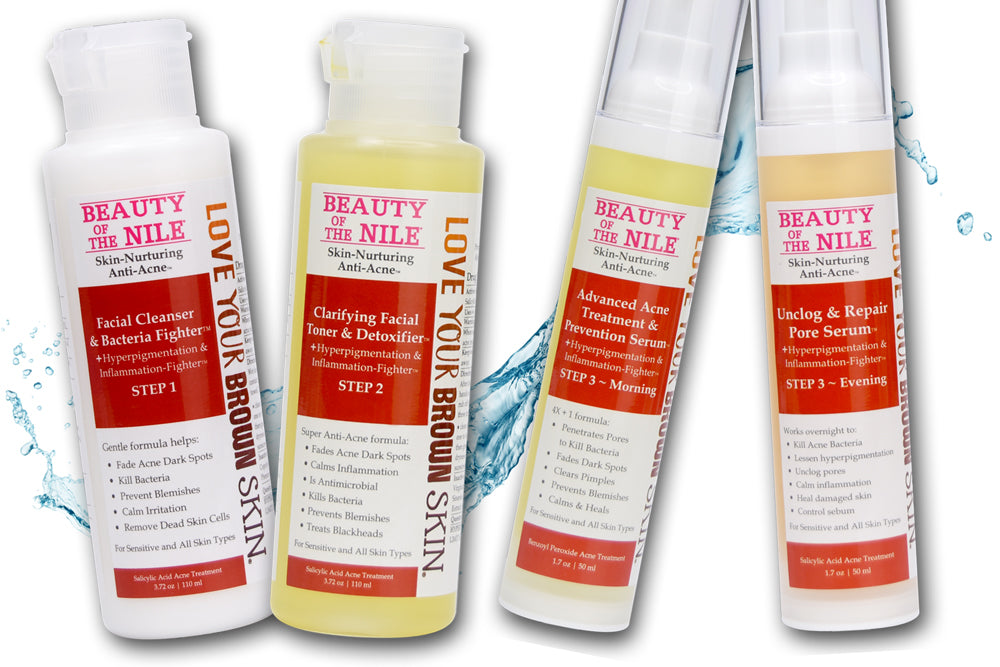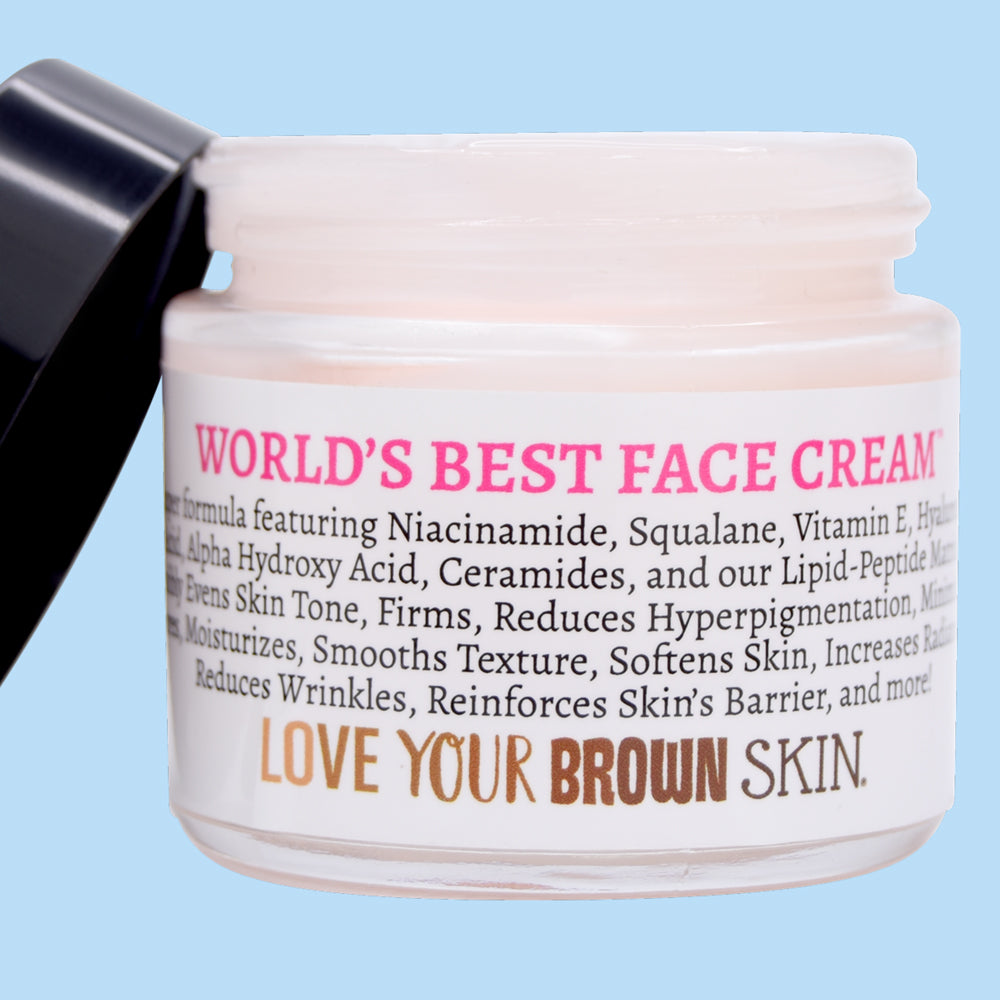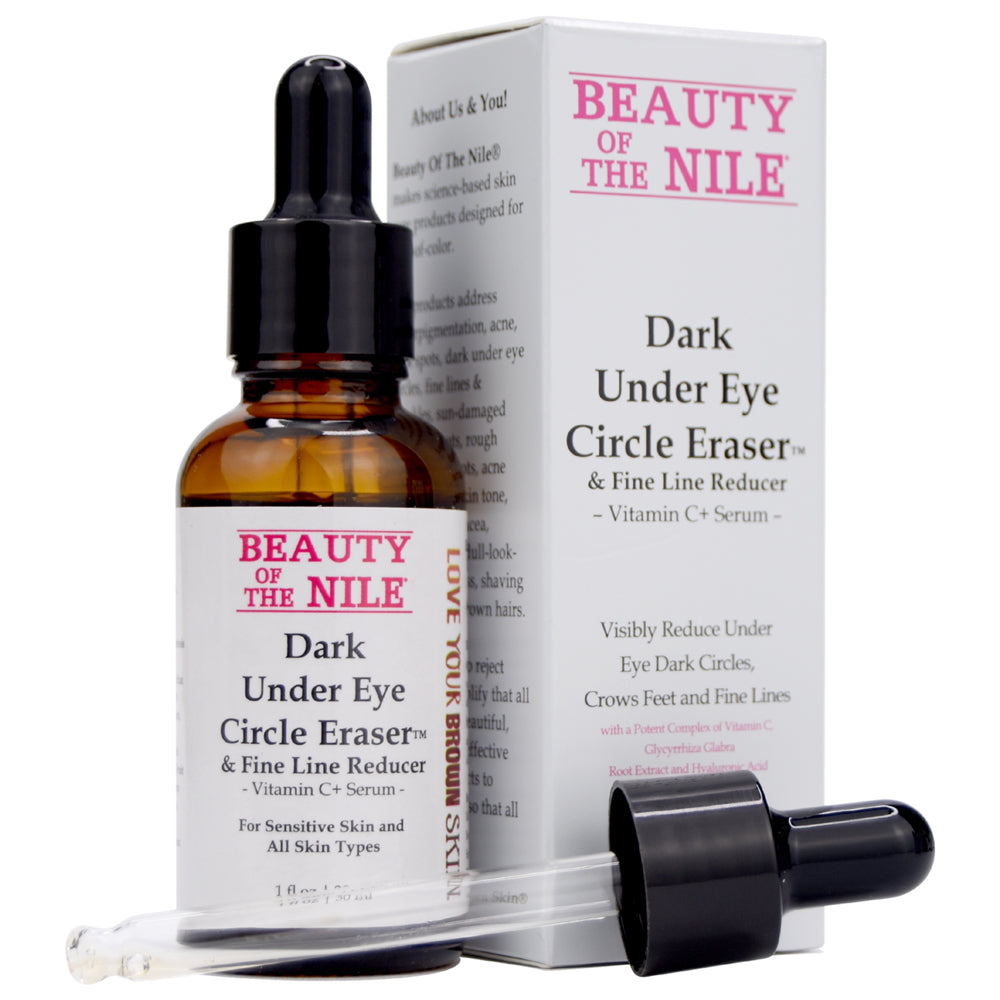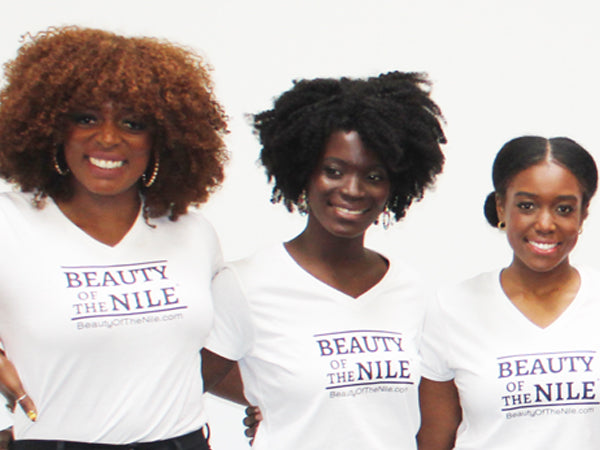Acne, Skin-of-Color, and You!
Understanding Acne: A Common Yet Misunderstood Skin Condition
Acne is a frustrating skin condition that can cause a variety of symptoms, including blemishes, redness, enlarged pores, and irritation. It's a common misconception that acne is only a problem for teenagers. In reality, adults also struggle with it. Typically, acne appears on areas of the skin where hair follicles become clogged with oil and dead skin cells, most often the chin, forehead, and cheeks.
Insights for Skin-of-Color: Acne will often leave behind darker spots on Black or Brown skin after healing, known as post-inflammatory hyperpigmentation (PIH). Treatment for acne in skin-of-color should focus on preventing PIH while addressing the acne itself.
Dispelling Myths: Acne Doesn't Always Fade with Age
As people age, they often assume that acne will naturally disappear. While it's true that the skin tends to produce less oil as we get older, other factors can contribute to continued breakouts. Hormonal fluctuations, digestive issues, genetic predispositions, and lifestyle habits all play a role in the development of acne.
Insights for Skin-of-Color: Acne scars can be more visible on darker skin tones due to differences in melanin production and distribution. It's important to seek out treatments that are safe and effective for skin-of-color to minimize the risk of scarring.
Navigating Hormonal Acne: Challenges and Solutions
Hormonal acne, in particular, can be challenging to manage because hormone levels are largely beyond our control. For example, many women experience acne flare-ups during certain phases of their menstrual cycles as hormone levels fluctuate. Additionally, menopause can bring about changes in hormone levels that may exacerbate acne and lead to symptoms such as itching and signs of aging.
Insights for Skin-of-Color: Dermatologists may need to adjust treatment approaches for hormonal acne in individuals with darker skin tones due to differences in skin structure and responses to medications.
Unveiling Underlying Factors: The Role of Hormonal Conditions
Certain underlying hormonal conditions, such as polycystic ovary syndrome (PCOS), can also worsen acne. PCOS is characterized by symptoms like excess
hair growth, weight gain, darkened skin, and irregular menstrual cycles, all of which can contribute to acne breakouts.
Insights for Skin-of-Color: PCOS can affect people of all ethnicities, but it may present differently in individuals with darker skin tones. Dermatologists with experience in treating skin-of-color can provide personalized treatment plans to address acne associated with PCOS.
Harnessing Therapeutic Options: Medications for Hormonal Acne
While we can’t directly control our hormones, there are various therapies available to help manage them, primarily through medication. Oral contraceptive pills are commonly used to regulate hormone levels, with certain formulations specifically designed to target acne. Additionally, anti-androgen medications can help reduce the hormone responsible for stimulating oil production, thereby reducing acne severity.
Insights for Skin-of-Color: Some medications commonly used to treat acne may have different side effects or efficacy profiles in individuals with darker skin tones. It’s essential to work closely with a dermatologist experienced in treating skin-of-color to find the most suitable treatment options.
Empowering Lifestyle Changes: Keys to Managing Acne
In addition to medication, lifestyle changes can have a significant impact on acne management, especially hormonal acne. Adopting a balanced diet - rich in fruits, vegetables, whole grains, and lean proteins can support overall skin health. Staying hydrated by drinking plenty of water helps maintain skin hydration and promotes a clear complexion.
Insights for Skin-of-Color: People with darker skin tones may be more prone to dryness and dehydration, so it's essential to choose skin care products and moisturizers that provide adequate hydration without clogging pores.
Crafting a Skin Care Arsenal: Ingredients to Combat Acne
Creating a personalized skin care routine tailored to combat acne breakouts can also be beneficial. Look for skin care products containing ingredients like tea tree oil, alpha hydroxy acids (AHAs), salicylic acid, benzoyl peroxide, green tea extract, and retinoids. These ingredients can help unclog pores, reduce inflammation, and promote skin cell turnover, leading to clearer skin over time.
Insights for Skin-of-Color: Some ingredients commonly used in acne treatments, such as those with super high levels of benzoyl peroxide, may cause irritation or increase the risk of hyperpigmentation in individuals with darker skin tones. Consulting with a dermatologist specializing in skin-of-color can help ensure the safety and efficacy of skin care products.
Cleansing: The Foundation of Skin Care
Consistent cleansing of the face twice daily is essential to remove excess oil, dirt, and impurities that can contribute to acne. Use a gentle cleanser suited to your skin type and avoid harsh scrubbing, which can irritate the skin and exacerbate acne. After cleansing, apply a non-comedogenic moisturizer to keep the skin
hydrated without clogging pores.
Insights for Skin-of-Color: Cleansers containing ingredients like glycolic acid or salicylic acid can help prevent acne breakouts and improve skin texture in individuals with darker skin tones. However, it’s essential to avoid over-exfoliation – especially physical exfoliation - which can lead to irritation, inflammation, and scarring.
Sun Protection: Shielding Your Skin from Harm
Sun protection is also crucial for acne-prone skin, as sun exposure can worsen inflammation and post-inflammatory hyperpigmentation. Apply a broad-spectrum sunscreen with an SPF of 30 or higher daily, even on cloudy days, and reapply every two hours when outdoors or after swimming or sweating.
Insights for Skin-of-Color: Individuals with darker skin tones are at lower risk of sunburn but remain susceptible to sun damage, including hyperpigmentation and skin cancer. Choosing a sunscreen specifically formulated for darker skin tones can help prevent sunscreen residue and white cast.
A Holistic Approach to Clearer Skin
The skin care experts here at Beauty Of The Nile believe that managing acne, especially hormonal acne, requires a multifaceted approach involving medication, lifestyle changes, and a consistent skin care routine. By addressing the underlying causes of acne and implementing targeted treatments, you can achieve clearer, healthier skin and improve your overall quality of life.

